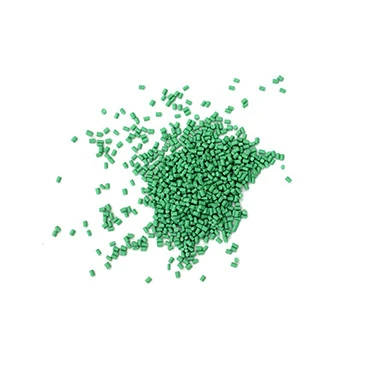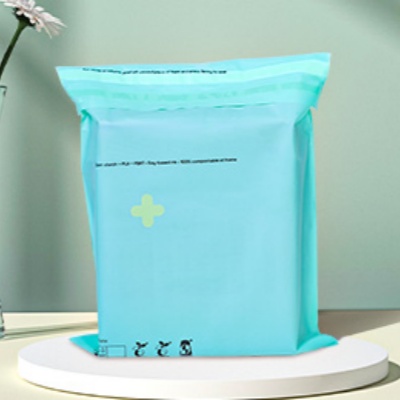Introduction
Are you looking to transition away from plastic bags and embrace a more sustainable alternative? Compostable bags provide an eco-friendly solution, but selecting the right type can be challenging. This guide will help you understand compostable bags and the key factors to consider when choosing them for your business.
Understanding Compostable Bags
-
Compostable bags: definition and characteristics
Compostable bags are crafted from plant-based materials and are designed to decompose into water, carbon dioxide, and humus in a composting environment, leaving no toxic residues. Unlike traditional plastics, which persist for centuries, these bags return to nature within three to six months.
-
Environmental benefits
Switching to compostable packaging can significantly reduce your reliance on conventional plastics, thus decreasing waste production and lowering your carbon footprint. These bags are made from renewable resources and contribute to a circular economy by turning them into organic matter after use.

Choosing the Right Compostable Bags
-
Key considerations
When selecting compostable bags, consider the raw materials, certifications, shelf life, and performance. It’s crucial to balance sustainability with practicality to ensure that the bags meet your business needs effectively.
-
Assessing materials and performance
Evaluate the types of materials used, such as PLA, PBAT, and starch-based components, and avoid confusing them with oxo-degradable materials. Assess the strength, flexibility, and durability of the bags through standard tests like water leakage and load-bearing tests to ensure they fit your specific requirements.
Click here to learn more about compostable bags: what are compostable plastic bags.
-
Identifying appropriate bag types
-
Choosing Suitable Bag Types for Different Uses
-
Compostable bags come in various forms for different applications such as waste management, pet supplies, and food service. Understanding the specific needs of your intended use will guide you in selecting the right bag type, size, and closure method.
-
-
Customization and branding
-
Enhancing your brand image while showcasing your commitment to the environment can be achieved through customized compostable bags. Companies like ShinHigh offer excellent customization services that can align with your branding needs.
-
Certifications and standards
Familiarize yourself with important certifications like BPI, TÜV AUSTRIA Ok Compost, and DIN CERTCO, which validate the compostability of the bags. Adherence to standards such as ASTM D6400 and EN 13432 ensures the bags meet rigorous quality and environmental criteria.
-
Evaluating durability and functionality
Ensure the bags are robust enough to handle their intended load without breaking or leaking. Consider additional features such as easy-open tops and resealable options to enhance user convenience.
-
Considering environmental impact
Conducting a life cycle assessment can help you understand the overall environmental impact of the bags, from production through to disposal. Comparing these bags with other sustainable options, like paper bags, can also inform your decision-making process.
-
Cost considerations
While compostable bags might initially cost more than traditional plastic bags, they offer long-term savings in environmental impact and can enhance your brand’s image. Analyze the cost factors and choose the most cost-effective option that meets your sustainability goals.
-
Supplier evaluation and selection
Learn about a supplier’s capabilities, experience, and reputation in producing compostable bags. Request samples and conduct your performance testing to ensure the bags meet your standards.
-
End-of-life options and disposal
Understand the composting options available in your area and promote the proper disposal of compostable bags to support circular economy initiatives.
-
User feedback and reviews
Research user experiences and reviews to gain insights into the performance and reliability of compostable bags in actual use scenarios.
Conclusion
By understanding the properties of biodegradable and compostable bags, assessing material options, and considering environmental impacts and user feedback, you can make an informed decision that aligns with your business’s sustainability goals. Choosing the right compostable bags not only supports environmental responsibility but also positions your brand as a leader in sustainable practices.







